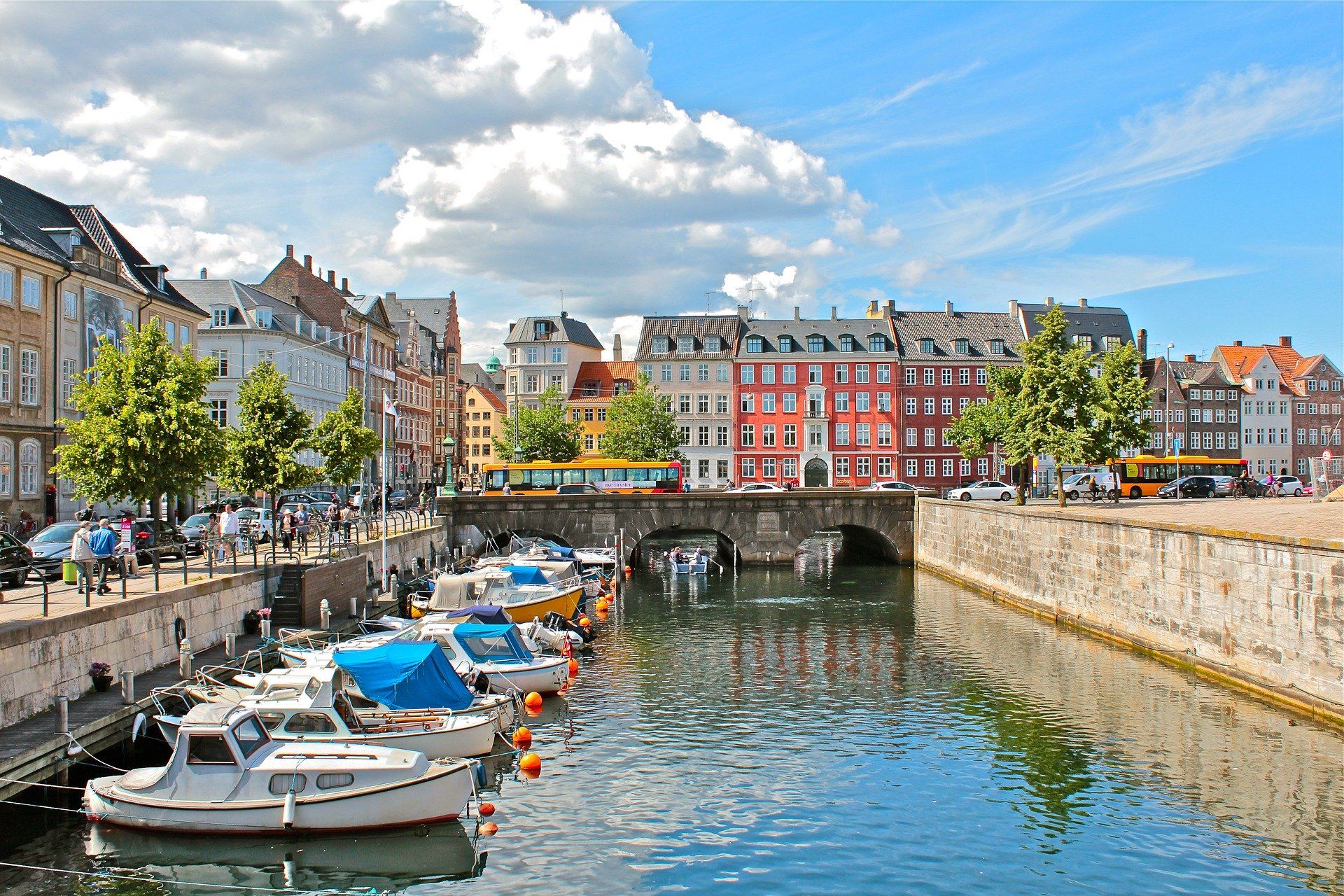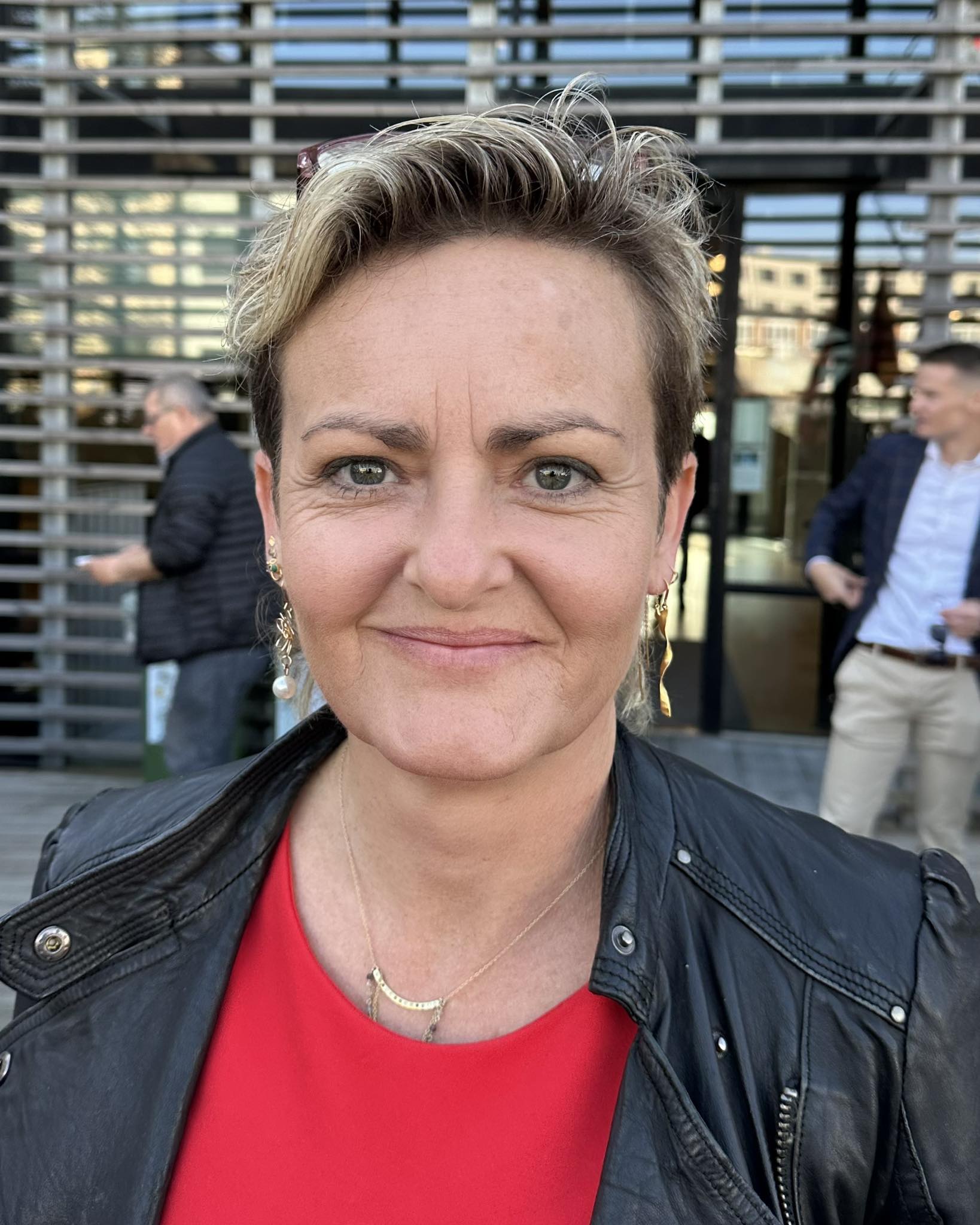Sweden got rid of it in 2005. Norway followed suit in 2014. Now, Denmark could be the next Nordic country to get rid of the inheritance tax law.
The long-winded debate has once again gathered momentum as a new citizen proposal aimed at scrapping the tax has gained 14,000 signatures – with 50,000 needed for Parliamentary consideration.
At least two parties, Liberal Alliance (LA) and Konservative, are in favour of at least reducing the tax, which means that Danes have to pay 15 percent when inheriting from their parents.
“This is a principle matter. Is this a fair tax for the citizens? We don’t think so. It’s completely unfair,” Joachim B Olsen, LA’s spokesperson for financial affairs, told Berlingske newspaper.
“There is nothing unfair about inheriting one’s parents’ assets. One of the reasons parents work as hard as they do is to provide for their families.”
READ MORE: New initiative to get Danes ‘good will hunting’
Big business
Konservative party supports that viewpoint, but Parliament needs 90 mandates to make the change and not every party is in favour – government party Venstre has yet to take a position, while Socialistisk Folkeparti is among the parties advocating to keep the tax.
The tax has been a lucrative bit of business for the state. In 2017, the tax netted state coffers 4.4 billion kroner – a 45 percent increase from the 3.1 billion kroner it brought in 20 years earlier.
As it stands, the inheritance tax means that spouses don’t have to pay anything in inheritance tax, but children and grandchildren have to fork out 15 percent on an inheritance of a value of more than 282,600 kroner, while siblings and friends also have to pay 15 percent as well as an additional 25 percent tax.














